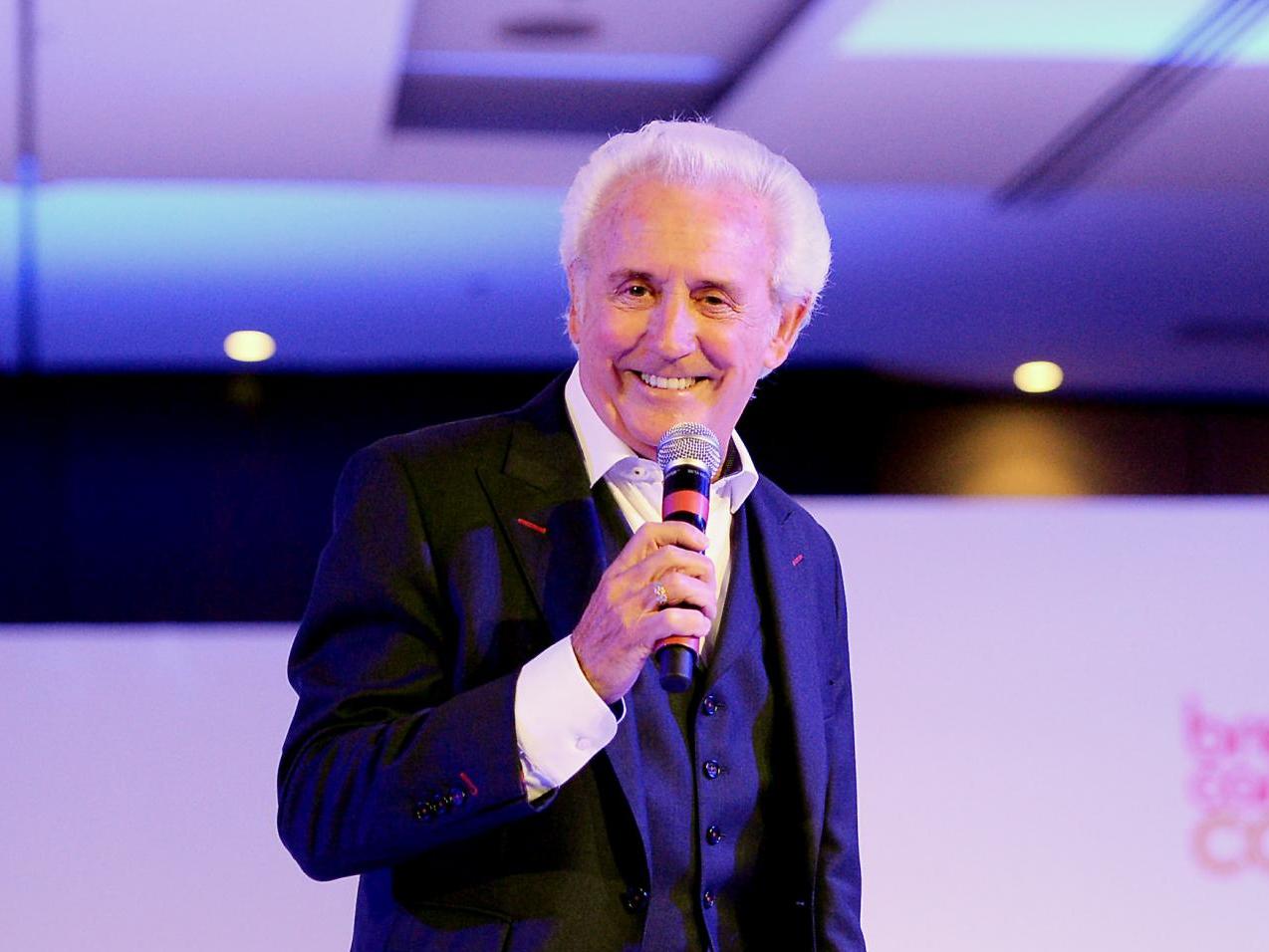Tony Christie opens up about music’s ability to ‘improve dementia symptoms’
‘(Is This the Way to) Amarillo’ singer was diagnosed with dementia in January
Your support helps us to tell the story
From reproductive rights to climate change to Big Tech, The Independent is on the ground when the story is developing. Whether it's investigating the financials of Elon Musk's pro-Trump PAC or producing our latest documentary, 'The A Word', which shines a light on the American women fighting for reproductive rights, we know how important it is to parse out the facts from the messaging.
At such a critical moment in US history, we need reporters on the ground. Your donation allows us to keep sending journalists to speak to both sides of the story.
The Independent is trusted by Americans across the entire political spectrum. And unlike many other quality news outlets, we choose not to lock Americans out of our reporting and analysis with paywalls. We believe quality journalism should be available to everyone, paid for by those who can afford it.
Your support makes all the difference.Tony Christie, best known for hits “(Is This the Way to) Amarillo” and “I Did What I Did For Maria,” has said he finds relief from his dementia through singing.
The 79-year-old was diagnosed in January, stating then that he was determined to keep making music.
Christie has opened up about living with dementia, saying that he’s “still working” and “not ashamed” of his condition.
In quotes provided to press, the singer said that he has found that “music improves the symptoms associated with my dementia, so every time I go on stage and work it’s helping me”.
“I still meet people I’ve known for donkey’s years. The only thing is I forget their names,” he added.
According to the NHS, dementia is a syndrome associated with an ongoing decline of brain functioning. There are many different causes of dementia and many different types.
Symptoms of the illness include problems with memory loss, thinking speed, mental sharpness and quickness. The NHS estimates that by 2025, over a million people in the UK will be living with the syndrome.
According to Music for Dementia, the benefits of music for the syndrome include supporting the retention of speech and language skills, encouraging alertness, and enabling greater motivation to communicate and connect with others.

Memories of songs are also linked to a person’s identity. Music for Dementia states that “music can support memory recall” and that “the ability to appreciate and engage with music remains intact even as cognitive functions deteriorate”.
Meanwhile, one study has suggested learning to play a musical instrument later in life reduced the risk of developing dementia by a third.
On Monday (10 April), Christie announced he would re-release “Thank You For Being a Friend” on behalf of Music for Dementia.
He said: “It’s important for me to stay positive and try not to let dementia affect my life but I still need some support.
“If anyone deserves a thank you it’s the UK’s unseen – and unsung – army of carers. This one is for them!” he added.
Sarah Metcalfe, CEO at Music for Dementia said: “Tony embodies the power music has to improve life and bring joy, so we’re delighted he’s agreed to sing the ‘Thank You Day’ anthem”.
Organisers are calling on the public to take part in Thank You Day, on Sunday 2 July, in the hope they will see “Thank You for Being a Friend” sung all around the UK at festivals, street parties, care homes, community choir performances and across social media sites.
Music for Dementia, founded and funded by The Utley Foundation, advocates for the use of music in treating the condition, which is most commonly associated with memory loss.



Join our commenting forum
Join thought-provoking conversations, follow other Independent readers and see their replies
Comments